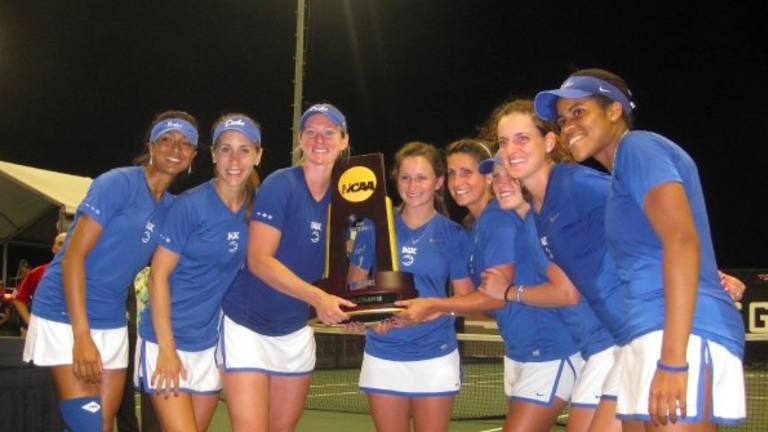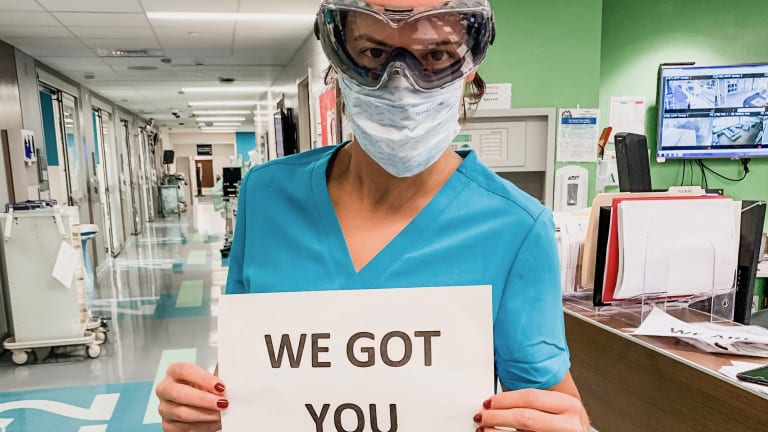Former NCAA champ Reka Zsilinszka brings a tennis mentality to the ER
By May 21, 2020San Diego Open
ATP cancels China swing, including Shanghai Masters, and adds six 250 events to 2022 calendar
By Jul 21, 2022Australian Open
Pandemic surge hits Australian Open: Bernard Tomic's COVID-19 prediction comes true, spectators capped at 50 percent
By Jan 13, 2022Australian Open
Novak Djokovic has been exempted—but his stance hasn’t been vindicated
By Jan 04, 2022Australian Open
Rafael Nadal back on track for Australian Open following COVID-19 case
By Dec 30, 2021Australian Open
Aussie Open field starts to experience effects of pandemic surge, vaccination issues
By Dec 21, 2021"It will happen this year": Stefanos Tsitsipas planning to get COVID-19 vaccine
By Sep 21, 2021US Open
Going to the US Open? Proof of vaccination status now required after change in COVID-19 policies
By Aug 27, 2021US Open
A vaccinated Sofia Kenin to miss 2021 US Open due to positive COVID-19 test
By Aug 26, 2021Australian Open
The Rally: if you wanna play a major, you must play by the local rules
Jan 18, 2021Former NCAA champ Reka Zsilinszka brings a tennis mentality to the ER
"It's kind of like a tennis match: if you come out slow, then you're not going to do well and will start down 0-3 right away," says the former Duke player.
Published May 21, 2020
Advertising

Former NCAA champ Reka Zsilinszka brings a tennis mentality to the ER
Advertising

Former NCAA champ Reka Zsilinszka brings a tennis mentality to the ER
Advertising
Advertising
Advertising

Former NCAA champ Reka Zsilinszka brings a tennis mentality to the ER